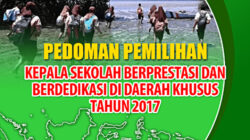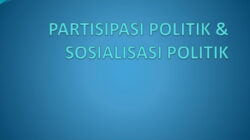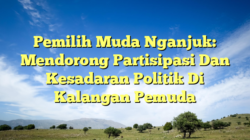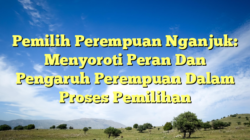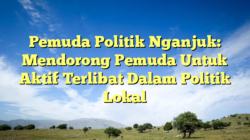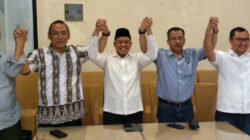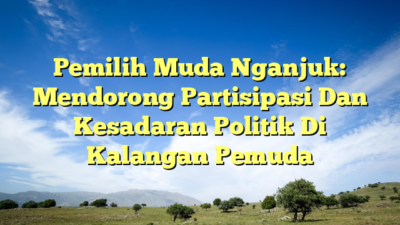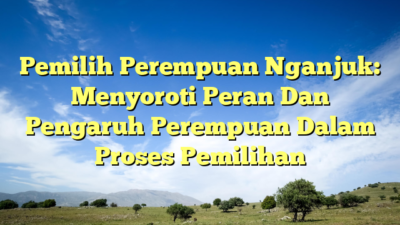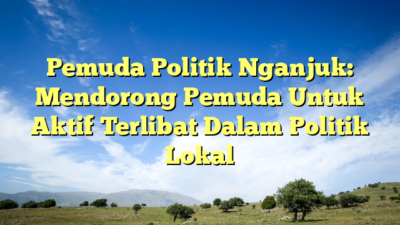As we go about our daily lives, we come across various policies and programs that are aimed at improving the well-being of people. One of the most common goals of such initiatives is to promote kesejahteraan, or well-being. In this post, we will explore the concept of kesejahteraan and how it can be achieved through various programs and policies.
Kartu Nganjuk Mandiri Perdagangan
The Kartu Nganjuk Mandiri Perdagangan is a program that has been introduced in Nganjuk, a city in Indonesia. The program is aimed at promoting the well-being of traders in local markets. It is a card that gives traders access to a range of services, such as credit facilities, training, and advisory services. The card is designed to help traders improve their business and increase their income.
What is the Kartu Nganjuk Mandiri Perdagangan?
The Kartu Nganjuk Mandiri Perdagangan is a card that has been introduced in Nganjuk, a city in Indonesia. The card provides traders in local markets with access to a range of services, such as credit facilities, training, and advisory services.
Why was the Kartu Nganjuk Mandiri Perdagangan introduced?
The Kartu Nganjuk Mandiri Perdagangan was introduced to promote the well-being of traders in local markets. The card is designed to help traders improve their business and increase their income.
What are the benefits of the Kartu Nganjuk Mandiri Perdagangan?
The benefits of the Kartu Nganjuk Mandiri Perdagangan include:
- Access to credit facilities
- Access to training and advisory services
- Increased income for traders
- Improved business for traders
What are some ideas for similar programs?
Similar programs that could be introduced to promote the well-being of traders in other cities or countries include:
- Introduction of a similar card scheme to provide traders with access to credit facilities, training, and advisory services
- Provision of low-cost loans to small business owners
- Establishment of training programs to help traders improve their business skills
- Provision of market infrastructure such as stalls and storage facilities to help traders improve their business
How can the Kartu Nganjuk Mandiri Perdagangan be implemented effectively?
The Kartu Nganjuk Mandiri Perdagangan can be implemented effectively by:
- Ensuring that the card is widely publicized so that traders are aware of its benefits
- Developing a comprehensive training program to help traders improve their business skills
- Establishing partnerships with financial institutions to ensure that traders have access to credit facilities
- Regularly monitoring the implementation of the program to ensure that it is achieving its objectives
What are some tips for implementing similar programs?
Some tips for implementing similar programs include:
- Ensure that the program is aligned with the needs and priorities of the target group
- Develop a comprehensive and realistic implementation plan
- Ensure that the program is adequately resourced
- Develop partnerships with key stakeholders to ensure the success of the program
- Establish a monitoring and evaluation framework to track the progress of the program

Substansi Kebijakan PSBB
The Substansi Kebijakan PSBB, or the Substance of the Large-Scale Social Restrictions Policy, is an initiative that has been introduced in Indonesia in response to the COVID-19 pandemic. The policy aims to prioritize the safety and well-being of the population by implementing restrictions on social activities.
What is the Substansi Kebijakan PSBB?
The Substansi Kebijakan PSBB is a policy that has been introduced in Indonesia in response to the COVID-19 pandemic. The policy aims to prioritize the safety and well-being of the population by implementing restrictions on social activities.
Why was the Substansi Kebijakan PSBB introduced?
The Substansi Kebijakan PSBB was introduced in order to slow down the transmission of the COVID-19 virus in Indonesia. By implementing restrictions on social activities, the policy aims to reduce the spread of the virus and save lives.
What are the benefits of the Substansi Kebijakan PSBB?
The benefits of the Substansi Kebijakan PSBB include:
- Reduced transmission of the COVID-19 virus
- Improved public health outcomes
- Saved lives
What are some ideas for similar policies?
Similar policies that could be introduced in other countries to slow down the transmission of the COVID-19 virus include:
- Quarantine measures to isolate infected individuals
- Suspension of large gatherings such as concerts and sporting events
- Restriction of non-essential travel
How can the Substansi Kebijakan PSBB be implemented effectively?
The Substansi Kebijakan PSBB can be implemented effectively by:
- Ensuring that the policy is widely publicized so that people are aware of the restrictions
- Establishing clear guidelines for the implementation of the policy
- Ensuring that essential services such as healthcare and food delivery are not disrupted
- Regularly monitoring the implementation of the policy to ensure that it is achieving its objectives
What are some tips for implementing similar policies?
Some tips for implementing similar policies include:
- Ensure that the policy is based on sound scientific evidence
- Develop a comprehensive and realistic implementation plan
- Ensure that the policy is communicated clearly to the public
- Establish partnerships with key stakeholders to ensure the success of the policy
- Establish a monitoring and evaluation framework to track the progress of the policy
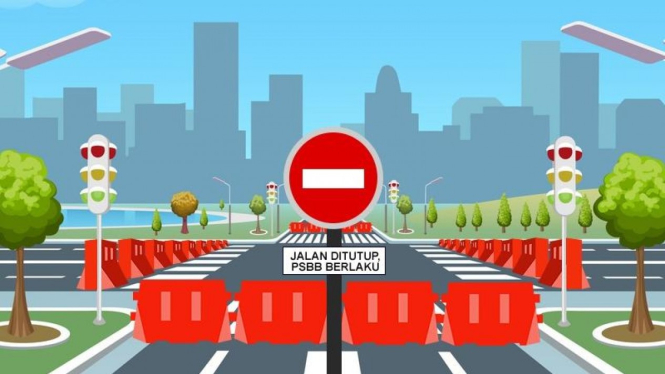
Program PKK
The Program PKK, or the Family Welfare Program, is a program that has been introduced in Indonesia to promote the well-being of families. The program is aimed at improving the quality of life of families, especially those living in rural areas.
What is the Program PKK?
The Program PKK is a program that has been introduced in Indonesia to promote the well-being of families. The program is aimed at improving the quality of life of families, especially those living in rural areas.
Why was the Program PKK introduced?
The Program PKK was introduced to promote the well-being of families in Indonesia. The program aims to improve the quality of life of families, especially those living in rural areas.
What are the benefits of the Program PKK?
The benefits of the Program PKK include:
- Improved well-being of families
- Increased access to education and healthcare
- Improved living standards
- Increased income for families
What are some ideas for similar programs?
Similar programs that could be introduced to promote the well-being of families in other countries include:
- Provision of basic services such as healthcare and education
- Introduction of livelihood programs to increase income for families
- Establishment of social safety net programs for vulnerable families
- Introduction of programs to promote gender equality within families
How can the Program PKK be implemented effectively?
The Program PKK can be implemented effectively by:
- Working closely with local communities to develop programs that meet their needs
- Establishing partnerships with relevant stakeholders to ensure the success of the program
- Providing adequate resources for the implementation of the program
- Developing a comprehensive monitoring and evaluation framework to track the progress of the program
What are some tips for implementing similar programs?
Some tips for implementing similar programs include:
- Ensure that the program is aligned with the needs and priorities of the target group
- Develop a comprehensive and realistic implementation plan
- Ensure that the program is adequately resourced
- Establish partnerships with key stakeholders to ensure the success of the program
- Establish a monitoring and evaluation framework to track the progress of the program
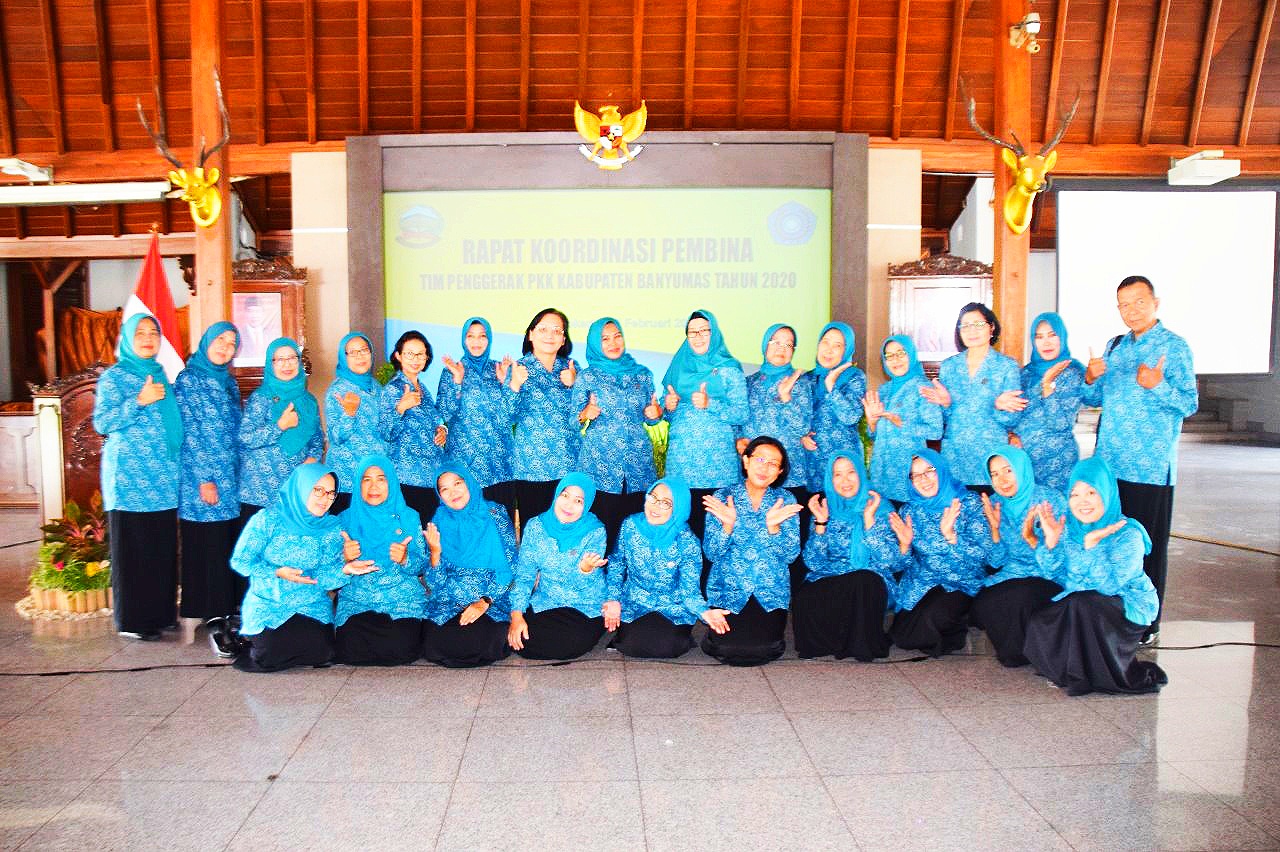
Konstitusi dan Peluang Negara Kesejahteraan
Konstitusi dan Peluang Negara Kesejahteraan, or Constitution and the Opportunity for Welfare State, is an article written by Daniel Adipranata that discusses the concept of a welfare state and its potential benefits.
What is Konstitusi dan Peluang Negara Kesejahteraan?
Konstitusi dan Peluang Negara Kesejahteraan is an article written by Daniel Adipranata that discusses the concept of a welfare state and its potential benefits.
Why was Konstitusi dan Peluang Negara Kesejahteraan written?
Konstitusi dan Peluang Negara Kesejahteraan was written to explore the concept of a welfare state and its potential benefits.
What are the benefits of a welfare state?
The benefits of a welfare state include:
- Improved well-being of citizens
- Increased access to basic services such as healthcare and education
- Reduced poverty and inequality
- Increased social mobility
What are some ideas for implementing a welfare state?
Some ideas for implementing a welfare state include:
- Provision of basic services such as healthcare and education
- Introduction of social safety net programs for vulnerable individuals and families
- Provision of unemployment benefits and other forms of income support
- Introduction of progressive taxation policies to fund social welfare programs
How can the concept of a welfare state be implemented effectively?
The concept of a welfare state can be implemented effectively by:
- Working closely with local communities to develop programs that meet their needs
- Establishing partnerships with relevant stakeholders to ensure the success of the program
- Providing adequate resources for the implementation of the program
- Developing a comprehensive monitoring and evaluation framework to track the progress of the program
What are some tips for implementing a welfare state?
Some tips for implementing a welfare state include:
- Ensure that the program is aligned with the needs and priorities of the target group
- Develop a comprehensive and realistic implementation plan
- Ensure that the program is adequately resourced
- Establish partnerships with key stakeholders to ensure the success of the program
- Establish a monitoring and evaluation framework to track the progress of the program

Tahap Pelaksanaan Implementasi Kebijakan Publik
Tahap Pelaksanaan Implementasi Kebijakan Publik, or the Implementation Phase of Public Policy, is an article that discusses the process of implementing public policies and programs.
What is Tahap Pelaksanaan Implementasi Kebijakan Publik?
Tahap Pelaksanaan Implementasi Kebijakan Publik is an article that discusses the process of implementing public policies and programs.
Why was Tahap Pelaksanaan Implementasi Kebijakan Publik written?
Tahap Pelaksanaan Implementasi Kebijakan Publik was written to explore the process of implementing public policies and programs.
What are the benefits of effective implementation of public policies and programs?
The benefits of effective implementation of public policies and programs include:
- Improved public service delivery
- Increased accountability in government
- Improved effectiveness of public policies and programs
- Increased public satisfaction with government services
What are some ideas for implementing public policies and programs effectively?
Some ideas for implementing public policies and programs effectively include:
- Developing a comprehensive implementation plan
- Working closely with stakeholders to ensure their participation in the implementation process
- Establishing monitoring and evaluation mechanisms to track the progress of implementation
- Ensuring that resources are adequate for the implementation of the program
How can public policies and programs be implemented effectively?
Public policies and programs can be implemented effectively by:
- Ensuring that the program is aligned with the needs and priorities of the target group
- Developing a comprehensive and realistic implementation plan
- Ensure that the program is adequately resourced
- Establish partnerships with key stakeholders to ensure the success of the program
- Establish a monitoring and evaluation framework to track the progress of the program
What are some tips for implementing public policies and programs?
Some tips for implementing public policies and programs include:
- Ensure that the program is developed with the participation of relevant stakeholders
- Establish clear and measurable objectives for the program
- Ensure that adequate resources are allocated for the program
- Establish a comprehensive and realistic implementation plan
- Regularly monitor and evaluate the progress of the program to ensure that it is achieving its objectives

